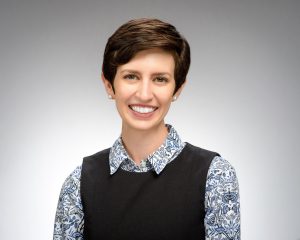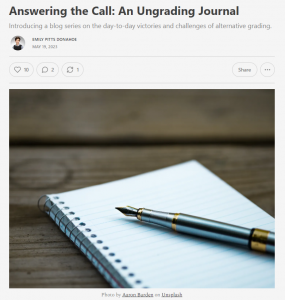 “Generative AI on the Syllabus” is a just-in-time-for-fall workshop sponsored by the Center for Excellence in Teaching and Learning and the Academic Innovations Group.
“Generative AI on the Syllabus” is a just-in-time-for-fall workshop sponsored by the Center for Excellence in Teaching and Learning and the Academic Innovations Group.
What policies on using ChatGPT and other generative AI tools should you have in your fall courses? Should you attempt to ban them? Embrace them? Explore them with your students? And how will you talk with your students about AI tools through your syllabus and class conversations? In an interactive Zoom workshop on Friday, August 11th, facilitators Derek Bruff (CETL) and Robert Cummings (AIG) will explore these questions and suggest policy options and potential syllabus language for instructors to use.
Date: Friday, August 11th
Time: 10:00 am to 11:00 am
Location: Zoom
Facilitators: Derek Bruff, visiting associate director, CETL, and Robert Cummings, executive director, Academic Innovations Group
Click here to register for this event. A Zoom link will be sent in advance to registrants.
For something of a preview of this workshop, see page 8 of the new CETL Syllabus Template, which offers suggested language about generative AI you can use on your fall course syllabus.
Sign up to get an email whenever we post something new on the blog


